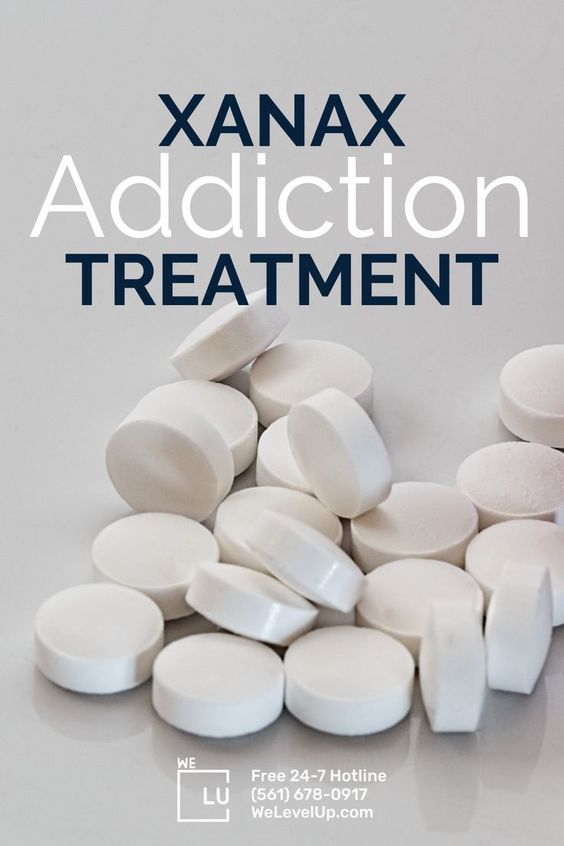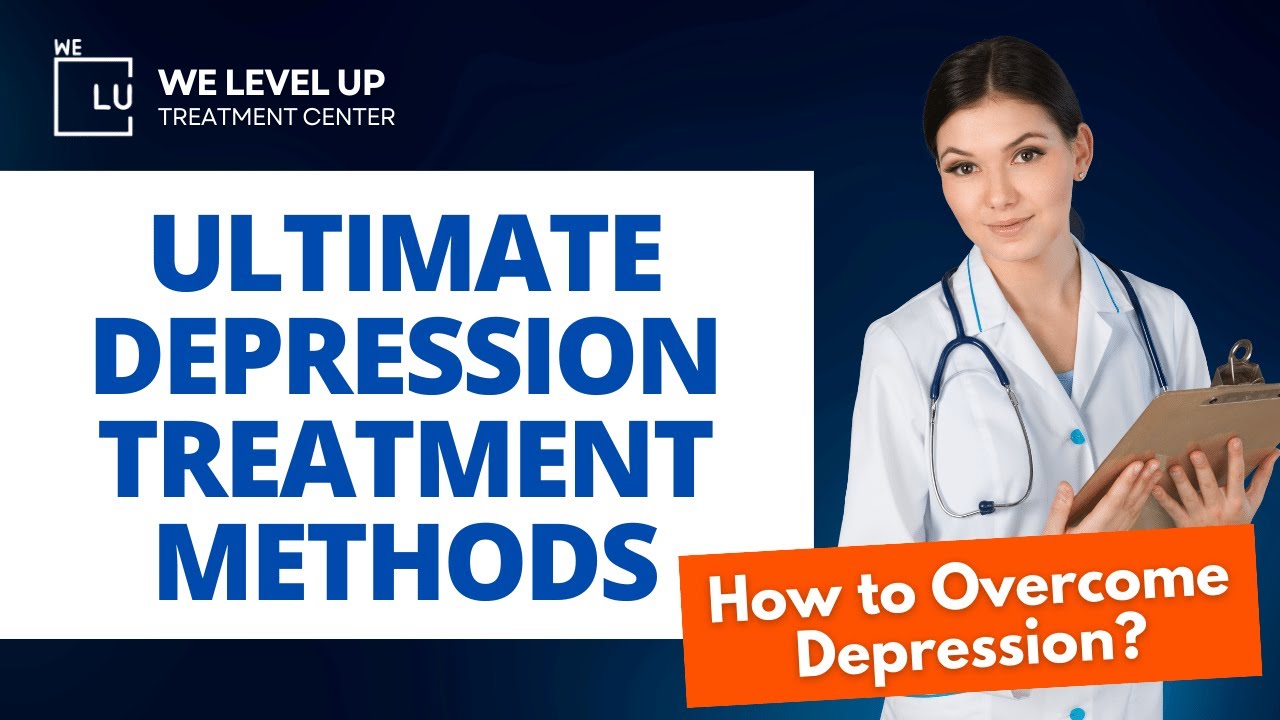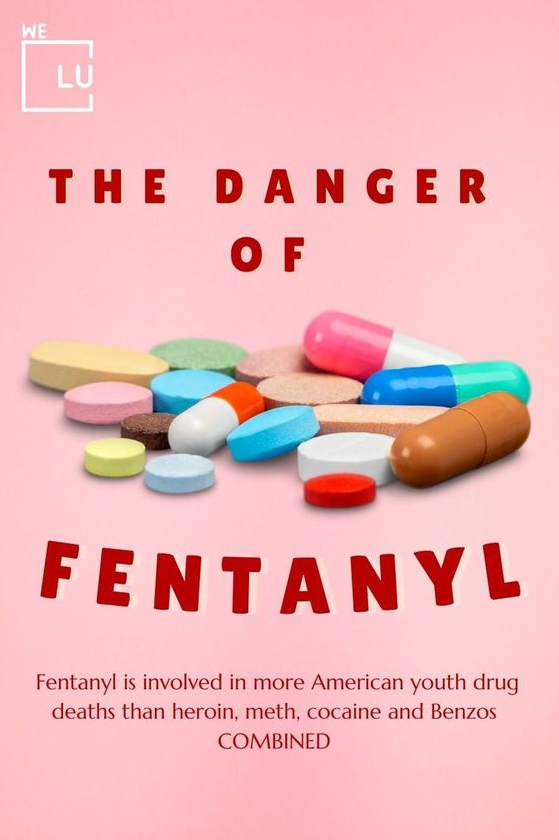What Is Alcohol Detox?
Alcohol addiction is a dangerous condition because it can ultimately become life-threatening. An individual who has been struggling with a moderate to severe alcohol use disorder (alcohol addiction) has a significant likelihood of developing withdrawal symptoms and could benefit from the help of a detox program. Alcohol detox allows the body to eliminate all alcohol in the body and return to its usual functioning, but how long does it take to detox from alcohol?
The longer and heavier the drinking, the more prolonged and more severe detox will be. For this reason, going through the process sooner than later, and getting help, is critical to recovery.
Once fully admitted and evaluated, the 2nd stage of detox gets underway: stabilization. Based on the data provided during the admissions process, patient feedback, and the symptoms observed; our experienced team of medical addiction professionals will provide care to keep the patient stable and as comfortable as possible.
What Causes Alcohol Withdrawal?
Alcohol addiction is a life-threatening condition that can lead to a constant health crisis and may even be fatal. Thus, immediate professional help is the only way to avoid harm to yourself or a loved one. Safe and comfortable alcohol detox is attainable if you seek professional help rather than detox by yourself and face harmful withdrawal symptoms. The question is, how long does it take to detox from alcohol, and what are the symptoms?

Heavy drinkers who suddenly decrease their alcohol consumption or abstain completely may experience the effects of alcohol withdrawal syndrome (AWS). Signs and symptoms of AWS can include, among others, mild to moderate tremors, irritability, anxiety, or agitation. The most severe manifestations of withdrawal include delirium tremens, hallucinations, and seizures. These manifestations result from alcohol-induced imbalances in the brain chemistry that cause excessive neuronal activity if the alcohol is withheld.
Management of AWS includes a thorough assessment of the severity of the patient’s symptoms and of any complicating conditions as well as treatment of the withdrawal symptoms with pharmacological and nonpharmacological approaches. Treatment can occur in inpatient rehab. Recognition and treatment of withdrawal can represent a first step in the patient’s recovery process.
Alcohol Withdrawal Symptoms
How long does it take to detox from alcohol? Alcohol withdrawal symptoms and timeline may vary significantly from one person to another but may include any of the following physical and psychological symptoms.
Physical Withdrawal Symptoms
- Shaky hands
- Headache
- Nausea
- Vomiting
- Sweating
- Racing heart
- High blood pressure
- Fever
- Shakiness
- Dilated pupils
- Appetite loss
- Pale skin
- Tremor
- Seizures
Psychological Withdrawal Symptoms
- Anxiety
- Insomnia
- Confusion
- Irritability
- Feeling depressed
- Fatigue
- Mood swings
- Inability to think clearly
- Nightmares
- Extreme agitation
- Hallucinations (feeling, seeing, or hearing things that aren’t there)

With the help of a team of experts, withdrawal symptoms may be alleviated. However, the withdrawal symptoms that you may suffer from without help include:
- Seizures
- Physical tremors
- Alcohol cravings
- Hallucinations
- Increased agitation and anxiety
- Increased blood pressure
- Mood swings
- Fever, sweating, and extreme headaches
- Increased heartbeat
Alcohol detox should not be done at home because the withdrawal may involve a lоt оf pain and may be life-threatening. Alcohol detox should always be done under the supervision of qualified, medical staff. To emphasize, the treatment process should not be hurried as each individual’s symptoms subside at different rates because other complications may arise that need to be addressed.
How long does it take to detox from alcohol? Generally, inpatient alcohol detox ranges from 3-7 days before transitioning into inpatient treatment.
6 hours
How long does it take to detox from alcohol? According to a 2013 literature review in the Industrial Psychiatry Journal, [1] the following are general guidelines about when you can expect to experience alcohol withdrawal symptoms:
Minor withdrawal symptoms usually begin about six hours after your last drink. A person who has a long history of heavy drinking could have a seizure six hours after stopping drinking.
12 to 24 hours
A small percentage of people going through alcohol withdrawal have hallucinations at this point. They may hear or see things that aren’t there. While this symptom can be scary, doctors don’t consider it a serious complication.
24 to 48 hours
Minor withdrawal symptoms usually continue during this time. These symptoms may include headache, tremors, and stomach upset. If a person goes through only minor withdrawal, their symptoms usually peak at 18 to 24 hours and start to decrease after four to five days.
48 hours to 72 hours
Some people experience a severe form of alcohol withdrawal that doctors call delirium tremens (DTs) or alcohol withdrawal delirium. A person with this condition can have a very high heart rate, seizures, or a high body temperature.
72 hours
This is the time when alcohol withdrawal symptoms are usually at their worst. How long does it take someone to detox from alcohol? In rare cases, moderate withdrawal symptoms can last for a month. These include rapid heart rate and illusions (seeing things that aren’t there).
Alcohol Detox Program
Multiple approaches can be taken to treat alcohol detox. This can vary from a medicalized approach to a more alternative approach. With a holistic view of addiction treatment, We Level Up TX detox facilities provide various therapies that aim to treat the whole client and not just the symptoms of alcohol withdrawal. This allows us to provide each client with the best, individualized treatment possible.
Medically Assisted Detox
There are medication-based options ready for clients who face severe detox symptoms or are simply open to a more medicalized approach to managing their comfort. Benzodiazepines and sedatives are examples of 2 types of medications sometimes applicable to help relax the brain and body when at the peak of detox. In addition, naltrexone is one of a few medications that can help restrain the cravings accompanied by alcohol detox.
Additionally, prescription medications are not the only means of helpful medical interventions during detox. For instance, heavy sweating, diarrhea, and vomiting can lead to severe dehydration and further complications. Also, the use of an IV drip can quickly resolve this issue and help keep fluid levels up. Detox facilities typically provide nutritional supplements because they carry numerous benefits for a healing body.
Alternative Therapies
Yoga, Massage, and Acupuncture are a few of the alternative therapies at We Level Up TX. These are evidence-based methods that have been shown to improve detox faster and provide much-needed comfort for individuals in withdrawal. Not only do these therapies help with comfortable alcohol detox, but they also support overall health and wellbeing. Many clients take these practices with them into their everyday life because they promote preserving sobriety.
As any withdrawal symptoms subside and a patient’s detox stay ends, the last detox stage is aftercare. Again, an individualized treatment plan is developed to help give support, education, and therapy for relapse prevention.
Some of the immediate symptoms one can expect to experience during detox might be anxiety, insomnia, nausea, agitation; muscle aches and pains, heavy perspiration, among others. In fact, these symptoms can range but require staff and regime for comfort.
Safe & Comfortable Detox
Suboxone, Benzodiazepine, Methadone, Naltrexone, Acamprosate, or Disfulfiram are FDA-approved medicines that may be used for a specific timeframe to treat more severe and devastating withdrawal symptoms.
Because each client is different and requires unique, comprehensive care according to their situation, our staff of well-trained physicians and nurses first begin the client relationship with a detailed one-on-one assessment.
There are an estimated 17 million adults and adolescents with alcohol use disorder (AUD). Sadly, the National Institute on Drug Abuse estimates that only 1 of every ten seek or receive any treatment. Part of the reason for such dismal numbers is that most individuals aren’t aware that they have a drinking problem. [2]

How to detox from alcohol? Detoxing from alcohol can be dangerous, mainly if it is done without the help of a professional. Delirium tremens and other withdrawal symptoms that may afflict the detoxing patient are hazardous and may even be fatal. Delirium tremens usually start two to five days after the last drink. Shaking, confusion, high blood pressure, fever, and hallucinations are some symptoms.
Therefore, it is advisable to detox in a rehab center to access qualified professionals who can manage comfortable alcohol detox and withdrawal complexities. The medically managed detox processes allow the body to process the alcohol in the system. And, it gently unaccustomed the body to its dependence on substances such as alcohol. Basically, it is the first stage of alcohol treatment and one you should seek before your addiction gets more damaging.
How long does it take to detox from alcohol? The symptoms may seem to get worse through the alcohol detox process. That is why they need constant care and attention to help manage the symptoms with detox. Remember, alcohol addiction treatment is within your reach to ensure your recovery starts on a comfortable and safe step. Contact We Level Up TX for further details of getting addiction treatment and how long does it take to detox from alcohol.
Sources:
[1] How long does it take to detox from alcohol? Clinical management of alcohol withdrawal: A systematic review – National Center for Biotechnology Information, U.S. National Library of Medicine
[2] How Long To Detox From Alcohol, Alcohol Use Disorder – National Institute on Alcohol Abuse and Alcoholism





